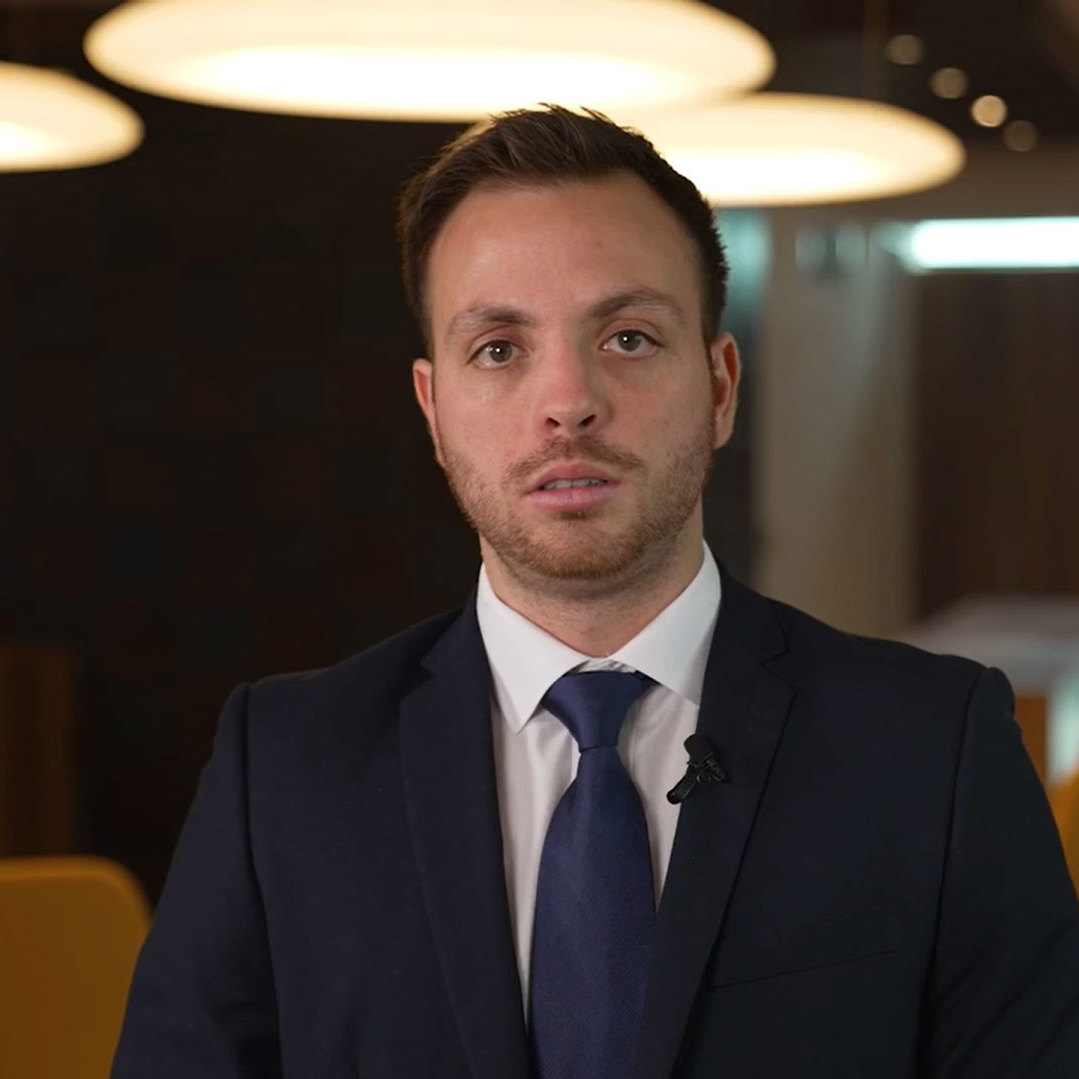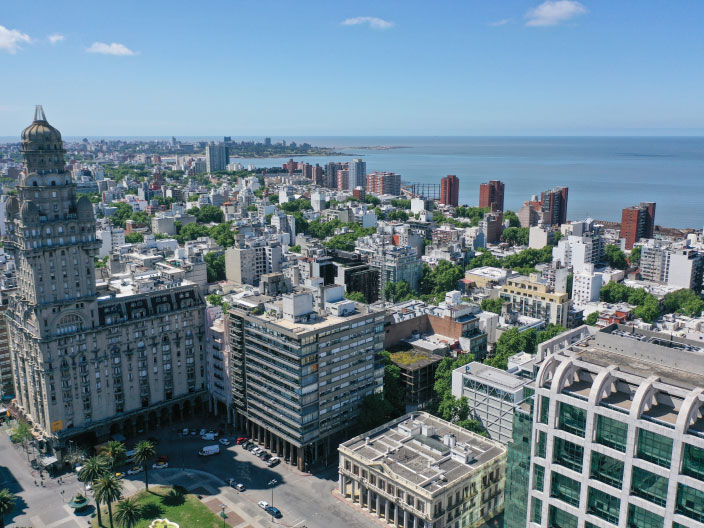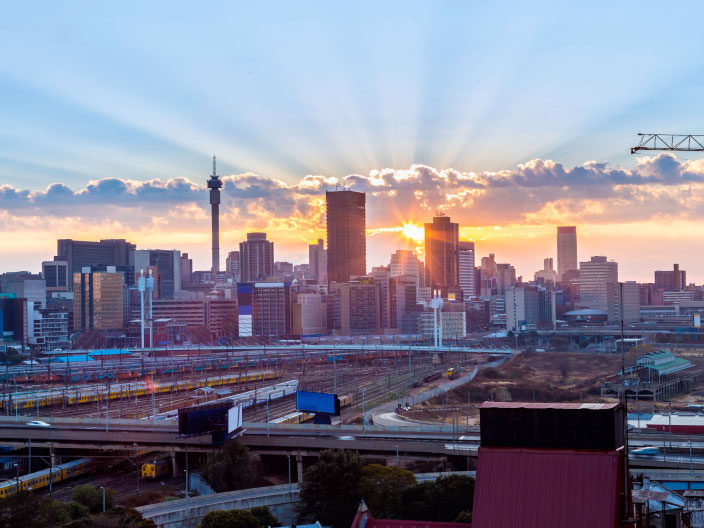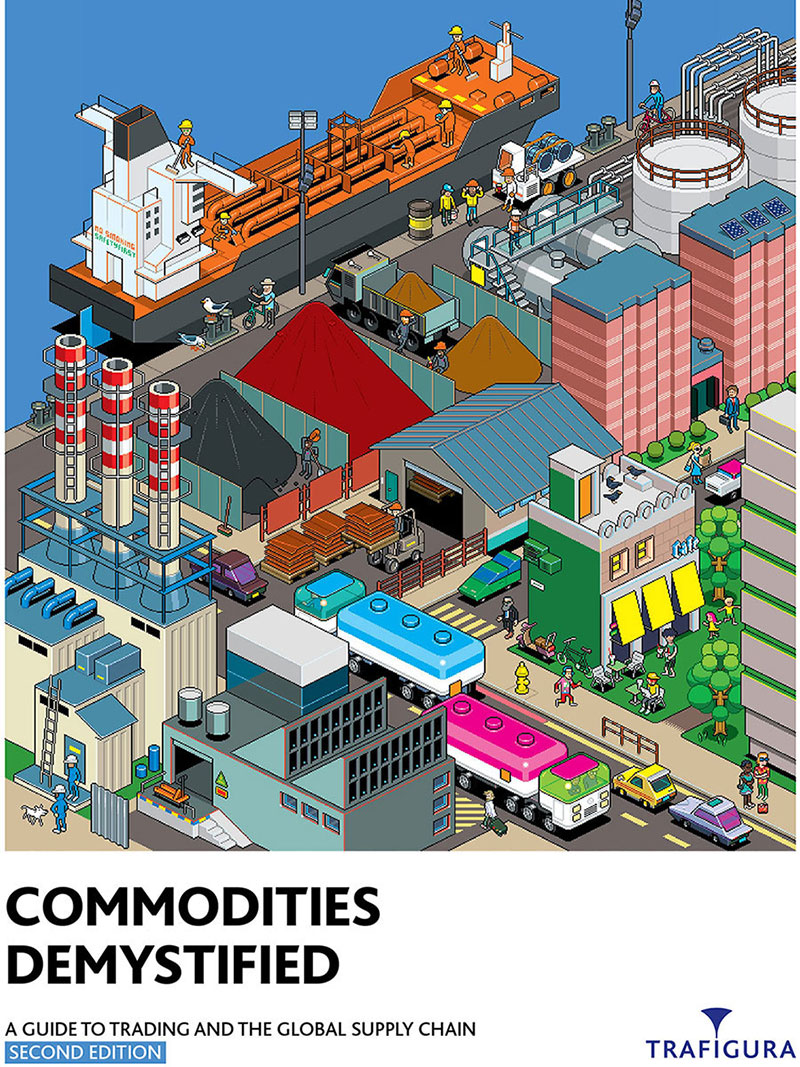Early-career opportunities
We offer world-class graduate and apprenticeship programmes for school and university leavers looking to kick-start their career in commodities and supply chain management. Our programmes give you unrivalled opportunities to learn on the job, gain real-world experience and grow your skills in an exciting global company.

Trafigura’s Graduate Programme
Our two-year scheme offers successful candidates a series of job rotations, providing broad exposure to our teams and global business.

Our Graduate Programme locations
Meet our people
Get to know some of our graduates connecting vital resources across our global offices

Hear from two of our graduates based in Athens, Greece

“I connect data points and communicate that global picture to my broader team.”

Peyton Pawlusiak
Former Graduate and Oil Research Analyst – Houston, US

“I am able to understand what local and small-scale miners need and help them to grow.”

Juan Delger
Former Graduate now Traffic Operator - Montevideo, Uruguay
How to prepare for your application
Here is what you can expect from the selection process.
Minimum requirements
- A minimum requirement of a 2:1 / 3.4 GPA (or equivalent) in any discipline and fluent English is essential.
Application
We want you to be sure you are applying for the right reasons. Here are some questions you can ask yourself to see if this programme is right for you:
- Have you researched the industry?
- Do you know what commodities trading is?
- Have you read about the Trafigura graduate programme?
- Do you know the difference between physical and paper trading?
- Are you globally mobile, do you want to live and work in different parts of the world?
- Do you like high pressure environments?
- Do you like working in big teams?
- Are you comfortable with big numbers and complex concepts?
- Do you like solving problems?
- Are you a fast learner?
- Do you take ownership of your own projects?
- Do you take responsibility for your own mistakes?
- Do you like looking at things on a massive scale as well as understanding the finer details?
- Do you have a strong personality but are still able to listen to others with an ability to communicate effectively?
- If you think the programme is the right opportunity for you and Trafigura the right company, congratulations! Go ahead and apply.
When applying, take time to think about what you are writing, you can always come back to the application later, discuss this with friends, family, anyone who can advise you.
Questions to answer
- What interests you about the commodity trading industry?
- What motivates you about working for a global company?
- What qualities do you think makes a successful trader at Trafigura?
- Please give an example of a recent global news story that you have found particularly interesting and why?
- Please tell us about yourself.
Telephone interview
- At Trafigura we like big personalities, people who are hungry, driven and motivated to succeed, but most of all we like people who are friendly and take care of each other and the people they work with.
- We want to hear from you directly. This is your opportunity to tell us what makes you someone that will succeed at Trafigura. We want to know what interests you, what you are passionate about. It doesn’t need to be about commodities or trading, it can be anything (cooking, travelling, reading, sports, politics, anything!) we are trying to find out what makes you the person you are.
- Most of all: be yourself, be honest!
Assessment centre
If you are lucky enough to be invited to the interviews - congratulations! There will be two rounds of interviews you will meet with a small group of Trafigura managers and traders. This is your opportunity to ask questions. Be prepared, think of questions that you are genuinely interested in; the question should also show what you know about the company/industry. Again, be yourself.
This is the final part of the selection process so if successful, we will welcome you to join the programme and start your career in this exciting and dynamic industry!
Trafigura’s Apprenticeship Programme
For school leavers, our apprenticeship programme provides an exciting pathway to a career in commodities and a role in the energy transition.

Our Apprenticeship Programme locations
Meet our people
Get to know some of our apprentices connecting vital resources across our global offices

"The Apprenticeship and Graduate programmes allow us to have a connected picture of how our whole company works and helps us better understand the role we play in it."

Iola Joey
Former Apprentice now Graduate - Singapore
How to prepare for your application
Here is what you can expect from the selection process.
Minimum requirements
- UK-A-level BBB or above / International Baccalaureate 34 or above
- US-High School GPA 3.5 or above
- France-French Baccalaureate 14 or above
- Singapore - Diploma / A-level qualification
- Fluency in English is a requirement. Fluency in an additional language is a huge advantage.
Application
We want you to be sure you are applying for the right reasons. Here are some questions you can ask yourself to see if this programme is right for you:
- Have you researched the industry?
- Do you know what commodities trading is?
- Have you read about the Trafigura graduate programme?
- Do you know the difference between physical and paper trading?
- Are you globally mobile, do you want to live and work in different parts of the world?
- Do you like high pressure environments?
- Do you like working in big teams?
- Are you comfortable with big numbers and complex concepts?
- Do you like solving problems?
- Are you a fast learner?
- Do you take ownership of your own projects?
- Do you take responsibility for your own mistakes?
- Do you like looking at things on a massive scale as well as understanding the finer details?
- Do you have a strong personality but are still able to listen to others with an ability to communicate effectively?
- If you think the programme is the right opportunity for you and Trafigura the right company, congratulations! Go ahead and apply.
When applying, take time to think about what you are writing, you can always come back to the application later, discuss this with friends, family, anyone who can advise you.
Questions to answer
- What interests you about the commodity trading industry?
- What motivates you about working for a global company?
- What qualities do you think makes a successful trader at Trafigura?
- Please give an example of a recent global news story that you have found particularly interesting and why?
- Please tell us about yourself.
Telephone interview
- At Trafigura we like big personalities, people who are hungry, driven and motivated to succeed, but most of all we like people who are friendly and take care of each other and the people they work with.
- We want to hear from you directly. This is your opportunity to tell us what makes you someone that will succeed at Trafigura. We want to know what interests you, what you are passionate about. It doesn’t need to be about commodities or trading, it can be anything (cooking, travelling, reading, sports, politics, anything!) we are trying to find out what makes you the person you are.
- Most of all: be yourself, be honest!
Assessment centre
If you are lucky enough to be invited to the interviews - congratulations! There will be 2 rounds of interviews you will meet with a small group of Trafigura managers and traders. This is your opportunity to ask questions. Be prepared, think of questions that you are genuinely interested in; the question should also show what you know about the company/industry. Again, be yourself.
This is the final part of the selection process so if successful, we will welcome you to join the programme and start your career in this exciting and dynamic industry!
You may also be interested in
Explore our publications and get the latest news and insights.









